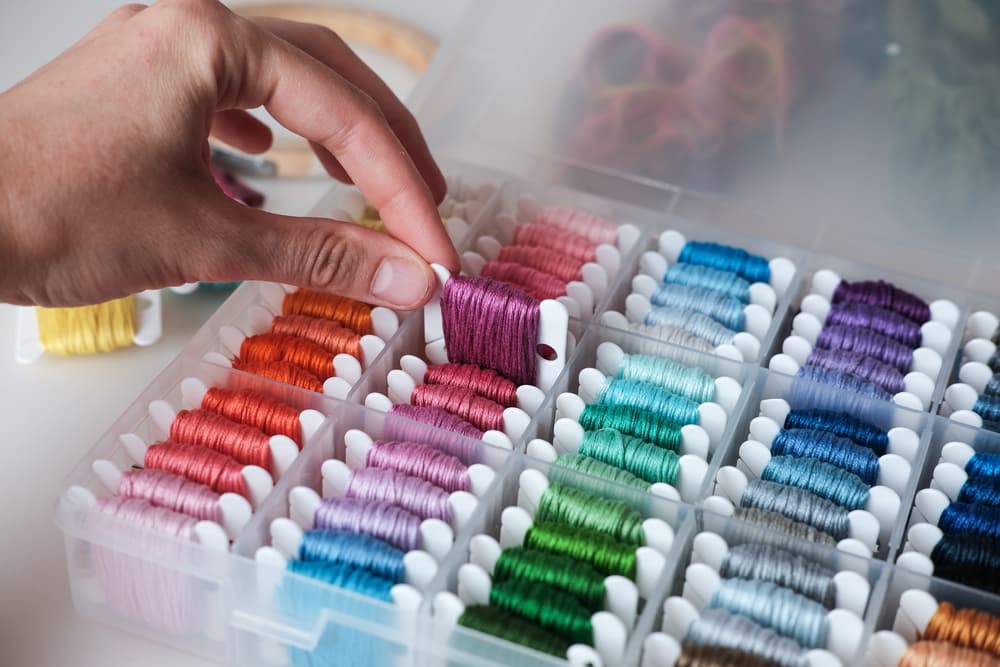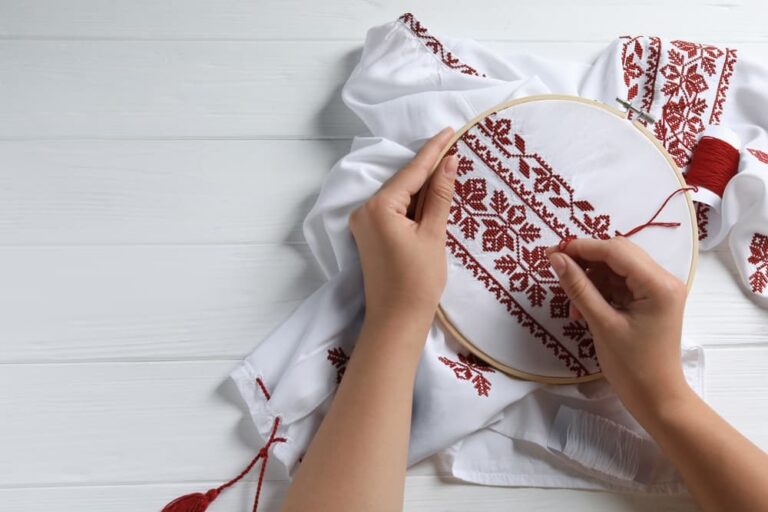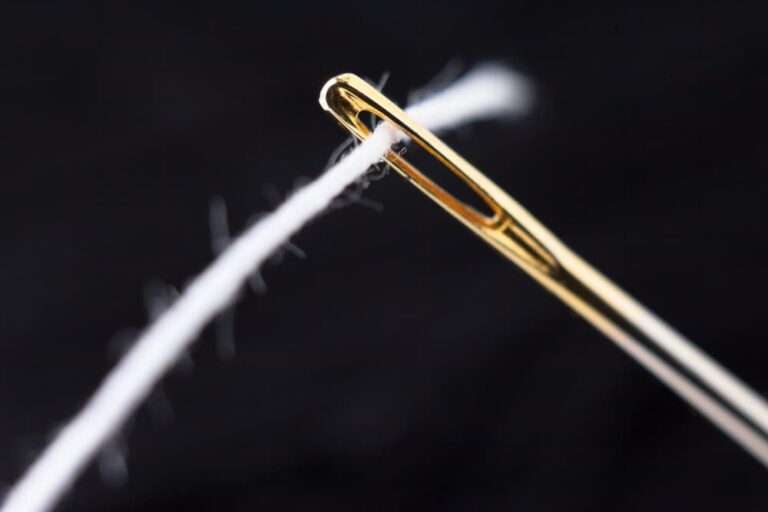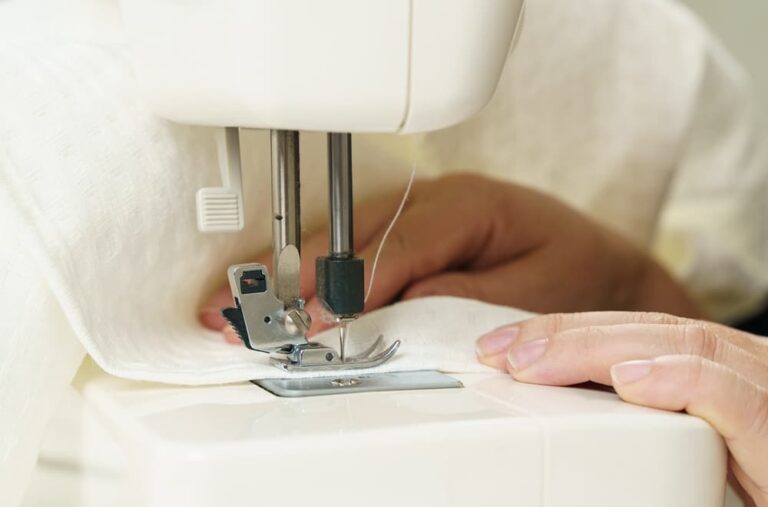Embroidery Kit Essentials: Must-Have Supplies for Beginners

Embroidery, a timeless craft that marries creativity and technique, offers endless possibilities for personal expression and handmade treasures. If you’re embarking on your embroidery journey, equipping yourself with the right tools and materials is crucial for a successful and enjoyable experience. But how do you know which tools are essential? Don’t worry, we’ve got you covered. Here below is the list with detailed instructions of the essentials required for embroidery.
The Embroidery Hoop: Your Foundation for Precision
The embroidery hoop, a simple yet vital accessory, secures your fabric, providing a taut surface for precise stitching. Beginners should consider 1 Embroidery Hoop and Color Threads made of bamboo or plastic, ranging in size from 4 to 6 inches, perfect for small to medium projects. Ensure your hoop tightly secures the fabric, as a slack surface can lead to uneven stitches and frustration.
Fabric: The Canvas of Your Creativity
Choosing the right fabric pattern is like selecting the perfect canvas for your painting. Cotton, linen, and even weave fabrics are excellent choices for beginners due to their tight weave and ease of handling. Opt for light-coloured fabrics to easily transfer your designs and showcase your colourful threads with unique skill techniques.
Embroidery Needles: The Conduit of Your Craft
Embroidery needles, with their sharp points and elongated eyes, are specially designed to handle embroidery floss and threads. Beginners will benefit from a variety pack, offering various sizes to match the thickness of your thread and fabric. Remember, a smooth needle entry and exit are key to preventing fabric damage and ensuring even stitches.
Threads: The Palette of Your Masterpiece
Embroidery Thread, the most commonly used thread, offers a rainbow of colours to bring your designs to life. Made of cotton, silk, or synthetic fibres, it’s typically divided into six strands, allowing you to adjust the thickness of your stitches. Start with a selection of primary colours and gradually expand your palette to include a wider range of shades and textures.
Scissors: The Precision Tool for Every Stitcher
A pair of sharp, fine-tipped embroidery scissors is indispensable for snipping threads neatly and closely. Invest in a high-quality pair to avoid fraying and ensure clean cuts, making your embroidery work look more professional and tidy.
Transfer Tools: Mapping Your Artistry
Transferring your design onto fabric is a crucial step in embroidery. Beginners can use various tools, such as water-soluble pens, transfer paper, or tracing pads, to accurately replicate their designs. Choose a method that suits your fabric type and design complexity for the best results.
Stabilizers: Ensuring Fabric Integrity
Fabric stabilizers support your fabric during the stitching process, preventing puckering and ensuring the durability of your work. Available in tear-away, cut-away, and wash-away types, stabilizers are chosen based on fabric type and project needs. Experiment with different stabilizers to find what works best for your embroidery endeavors.
The Embroidery Kit: Your Creative Companion
Putting together your embroidery kit is the first step in your crafting journey. A well-equipped kit not only enhances your embroidery experience but also ensures you’re prepared for any project. As you grow more confident in your skills, consider adding specialized tools like thread conditioners, magnifiers, and needle threaders to elevate your craftsmanship.
Embroidery Software: Bringing Your Designs to Life
For those interested in creating custom designs, embroidery software can be a valuable addition to your toolkit. From simple pattern creation to complex design edits, software options cater to all skill levels, allowing you to personalize your embroidery projects truly.
Practice Materials: Honing Your Craft
Before diving into your first project, practising your stitches on scrap fabric or inexpensive muslin can be incredibly beneficial. Experiment with different stitches, thread thicknesses, and tension to develop a feel for the craft and refine your technique.
Storage Box: Store everything in one place
Maintain order among your threads and ensure your fabrics are neatly arranged by utilizing a storage box. Boxes designed for sewing are equally effective for storing embroidery essentials. Opting for a compact thread box can also be extremely beneficial, preventing your threads from turning into knotted chaos!
Conclusion
Embroidery is a rewarding and creative hobby that allows you to create beautiful, personalized works of art. By equipping yourself with the essential supplies and materials outlined in this guide, you’re well on your way to exploring the rich possibilities of embroidery crafts. Remember, patience and practice are key to mastering this craft. Embrace the learning process, experiment with different techniques and materials, and most importantly, enjoy the journey of bringing your unique designs to life.
Just Start the art of embroidery with a beginner hand embroidery kit, perfect for novices eager to create their first beautiful embroidery piece. Using a bamboo embroidery hoop, you’ll master embroidery designs, transitioning from an embroidery beginner to a skilled crafter of this timeless art form.



